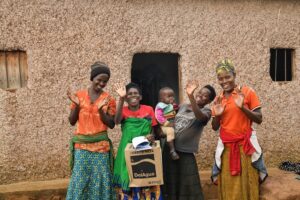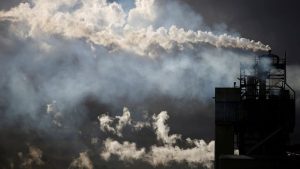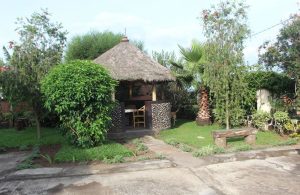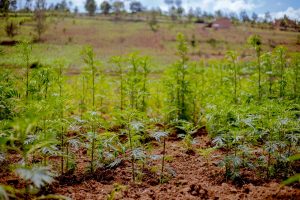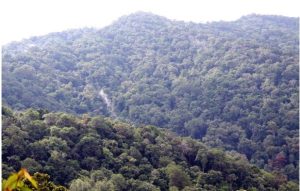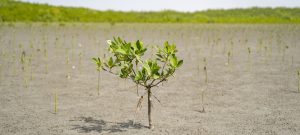Rwanda showcases Eastern Province’s green transformation at Agroforestry Congress
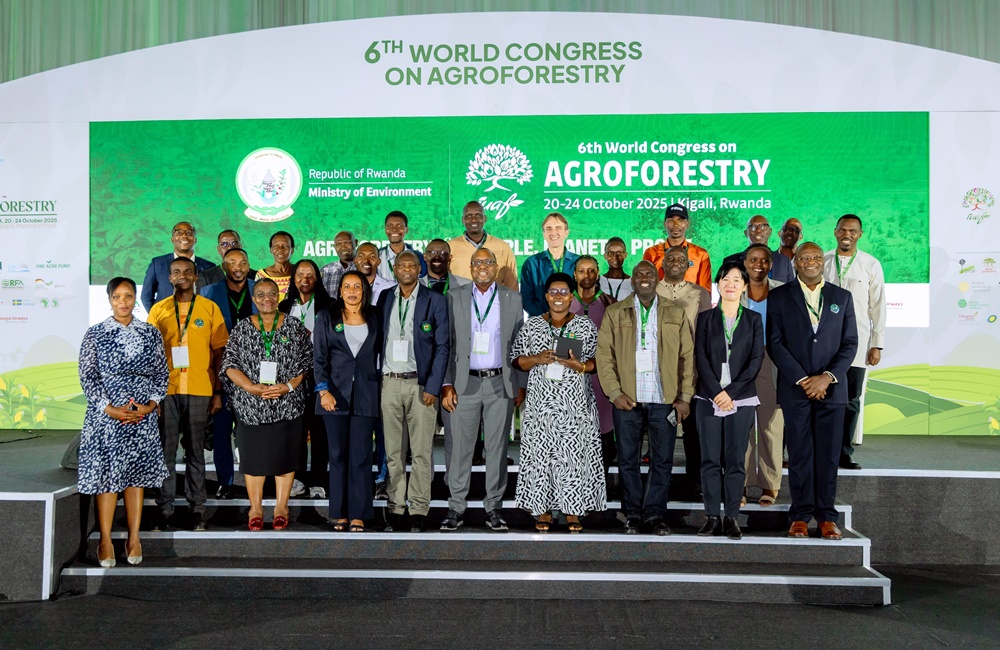
Rwanda’s government has shared remarkable progress in restoring degraded landscapes in the drought-prone Eastern Province during the ongoing Agroforestry Congress taking place in Kigali from October 20 to 24, 2025.
Implemented by a consortium of partners including International organizations such as IUCN and CIFOR-ICRAF, the Transforming Eastern Province through Adaptation (TREPA) project, a six-year initiative running until 2027, is driving this transformation. The project aims to convert degraded areas into climate-resilient ecosystems while supporting communities to build sustainable livelihoods across the province’s seven districts.
So far, TREPA has restored 43,777 hectares of degraded land, achieving 73% of its target with agroforestry systems (including cropland and silvopasture) covering 83% of the restored area. Around 28,801 hectares of farmland have been rehabilitated through agroforestry.
According to Dr. Olivier Habimana, the Project Coordinator, 6,250 hectares of private woodlots and state-owned forests have been rehabilitated and placed under sustainable management, while 7,456 hectares of pastoral lands have been brought under climate-resilient silvopastoral systems.
Survival rates for fodder tree species are promising, 85% for Gliricidia sepium and 75% for Calliandra calothyrsus. In total 17.8 million seedlings (both native and introduces species) have been planted, alongside 289,339 fruit trees distributed to 72,334 households.
To date, 236,695 beneficiaries have adopted diversified, climate-resilient livelihood practices.
“We are combining physical restoration with market resilience,” said Dr. Habimana. “We selected value chains such as fodder, honey, and tree-based products. We also support youth and women in launching nature-based enterprises and work with microfinance institutions to offer financial products that empower farmers and local entrepreneurs.”
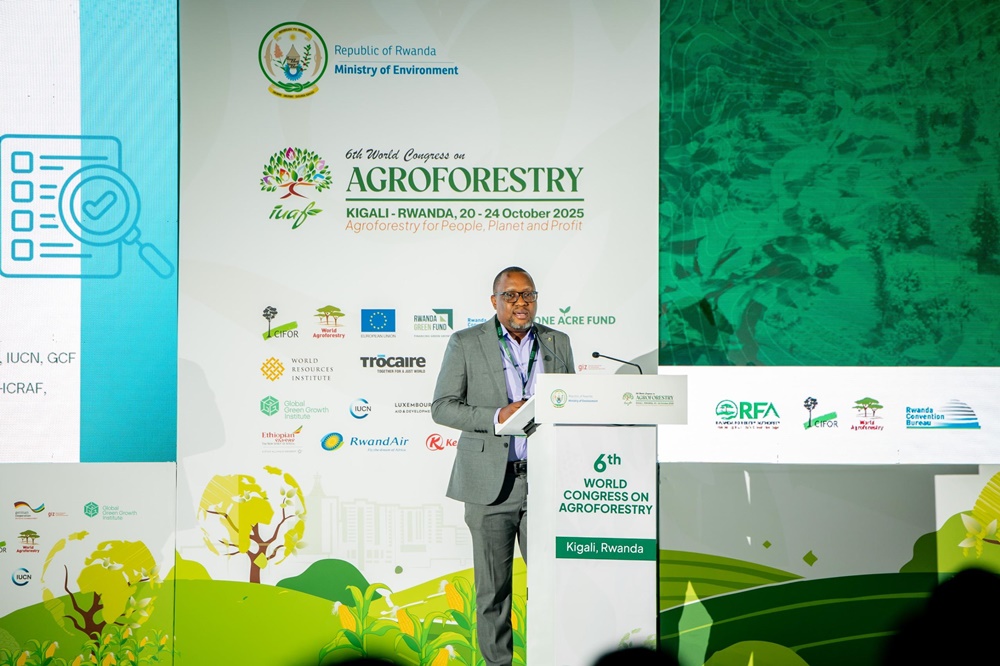
He added that the project is not only meeting but expected to exceed its targets. “By improving market access, strengthening savings groups, and expanding financial inclusion, more farmers are being reached, including those not originally targeted. We are proud of what the consortium has achieved and aim to replicate these climate-resilient solutions in other provinces.”
Communities Leading the Change
Josephine Bagiraneza, a representative of a beekeepers’ cooperative in Kayonza District, said drought once devastated their hives, forcing some to abandon beekeeping.
“TREPA helped us plant climate-resilient flowering trees, ensuring bees have nectar even during the dry season,” she said. “Our honey production has since tripled, thanks to professional beekeeping training. We now protect trees because we understand their importance for our bees and the environment.”
In addition to training, cooperatives received modern beekeeping equipment to help process honey that meets quality standards.
Livingston Abiyingoma, a farmer from Karangazi Sector in Nyagatare District, praised the training on fodder cultivation and storage.
“Before, our cows would die or produce little milk during droughts,” he said. “Now we grow and store different types of fodder mixed with trees, ensuring constant feed for our livestock. We even produce fodder seeds locally, which used to be imported. TREPA has truly transformed our livelihoods.”
Dr. Concorde Nsengumuremyi, Director General of the Rwanda Forestry Authority, highlighted that TREPA’s approach enhances both ecosystems and community resilience.
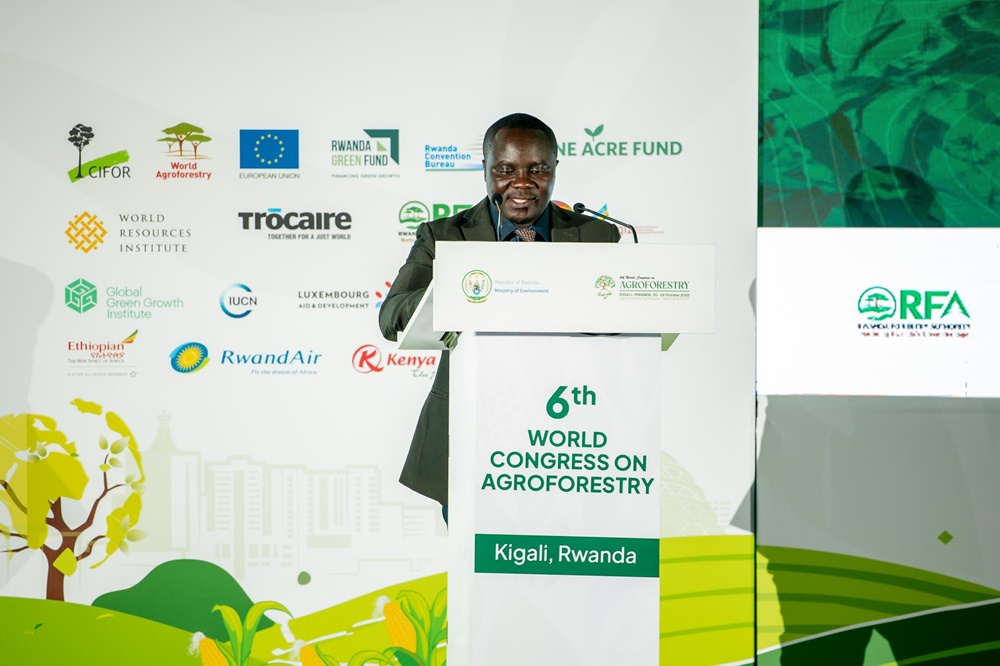
“TREPA Project has not only intervened in landscape restoration but also provided the communities with opportunities, empowerment and institutional transformation. As we move forward, let’s make landscape restoration practical, translating science into scalable action that meets immediate livelihood needs”, he said.
Kaori Yasuda, IUCN Rwanda Country Representative, emphasized that Rwanda’s experience offers lessons for the world.
“We are seeing policy goals translated into tangible climate resilience on the ground. Restoration starts with people. Our key message today is simple and clear. Restoration starts with people, local communities and farmers. Proper community-centric approach from participatory planning and implementation to monitoring and evaluation treats communities as restoration partners”, she said.
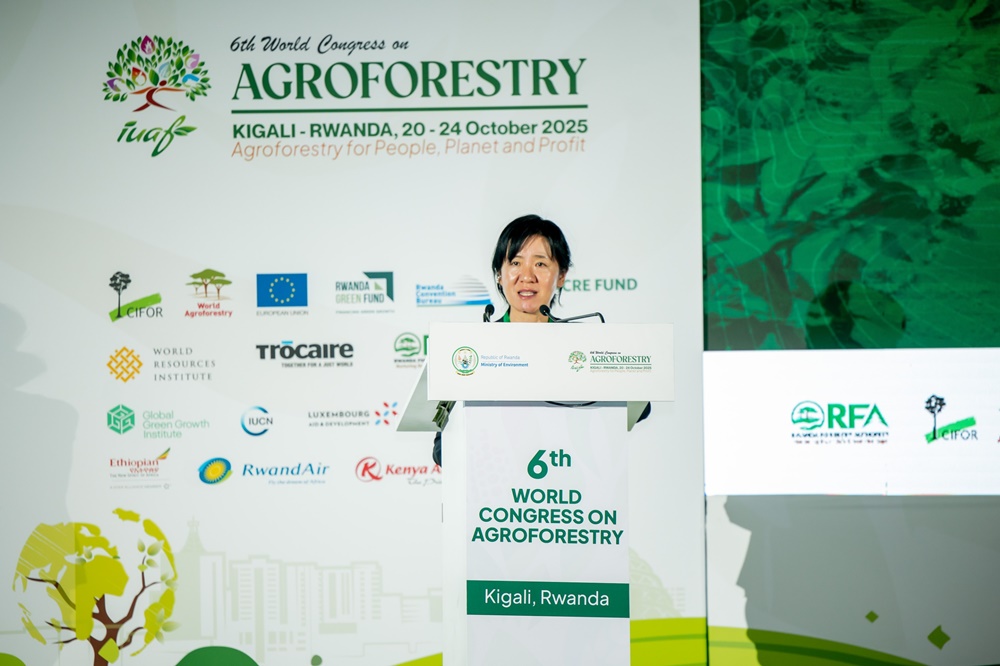
Rwanda’s Eastern Province, the country’s food basket, covers 58% of its agricultural land and contributes significantly to national production, 60% of maize, 40% of beans, most of the rice and 60% of cattle farming.
During the congress, Equity Bank Plc reaffirmed its support for conservation by signing a Memorandum of Understanding (MoU) with the TREPA project.
“We’ve committed to ensuring that 30% of our total lending supports agriculture,” said Hannington Namara, Managing Director of Equity Bank Rwanda. “But we can’t achieve that aloneThrough this partnership, we aim to address the risks posed by climate change in Eastern province.”
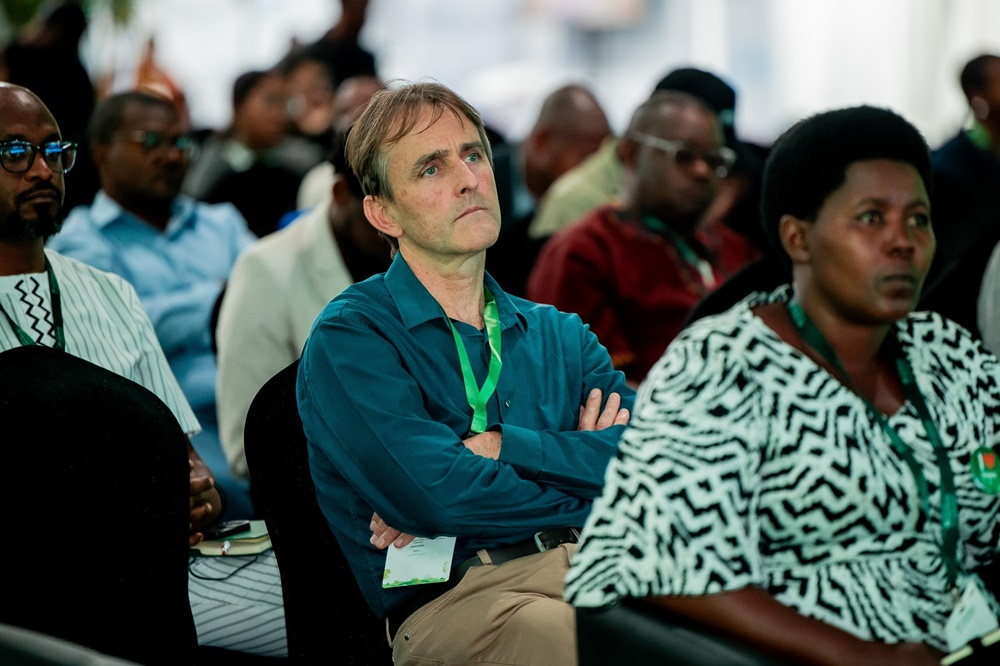
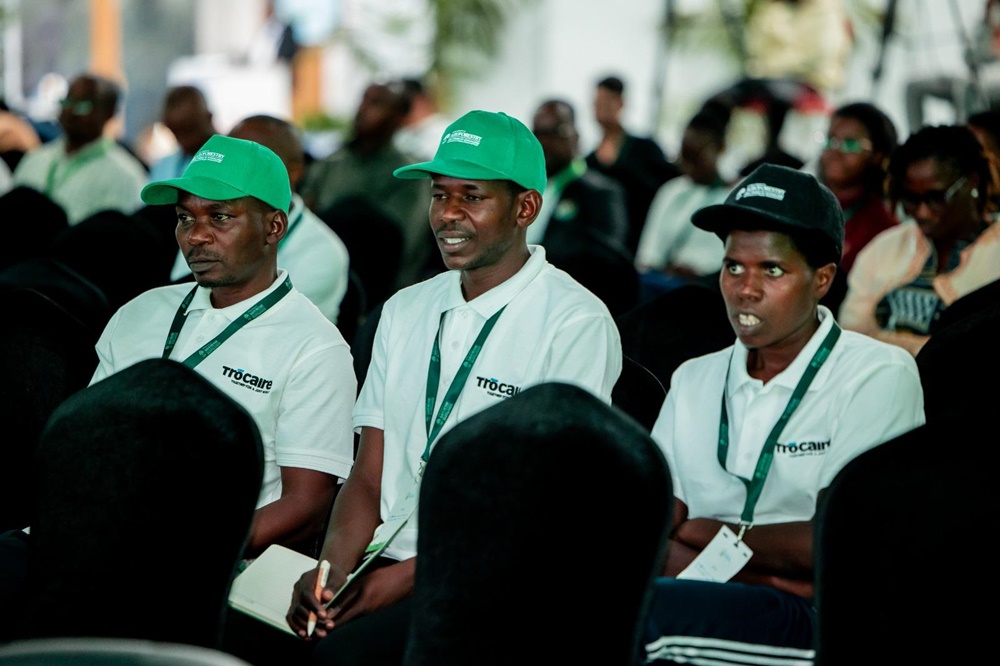
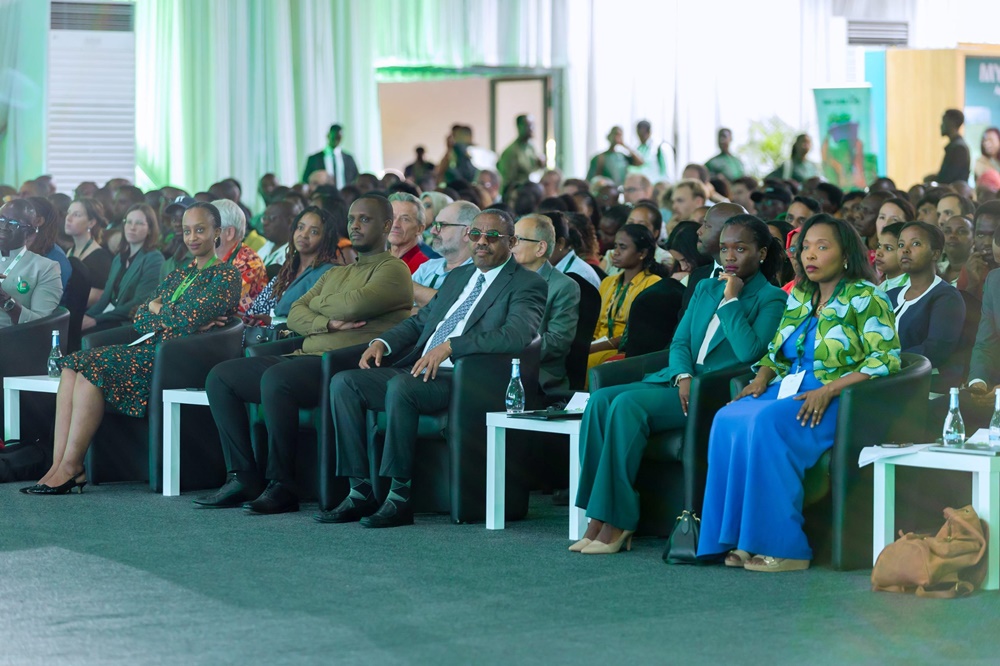
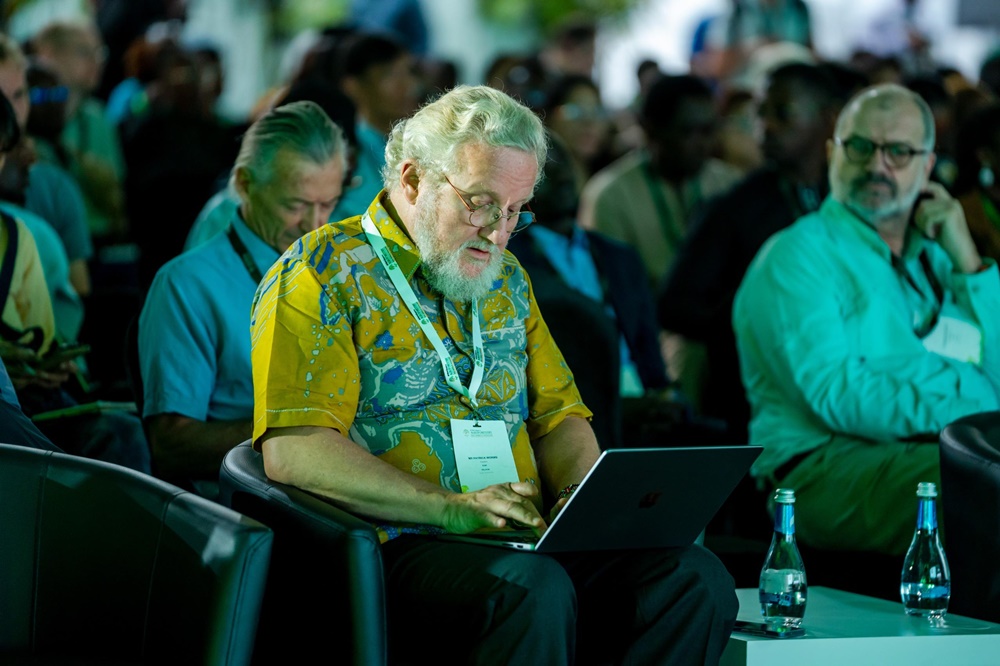
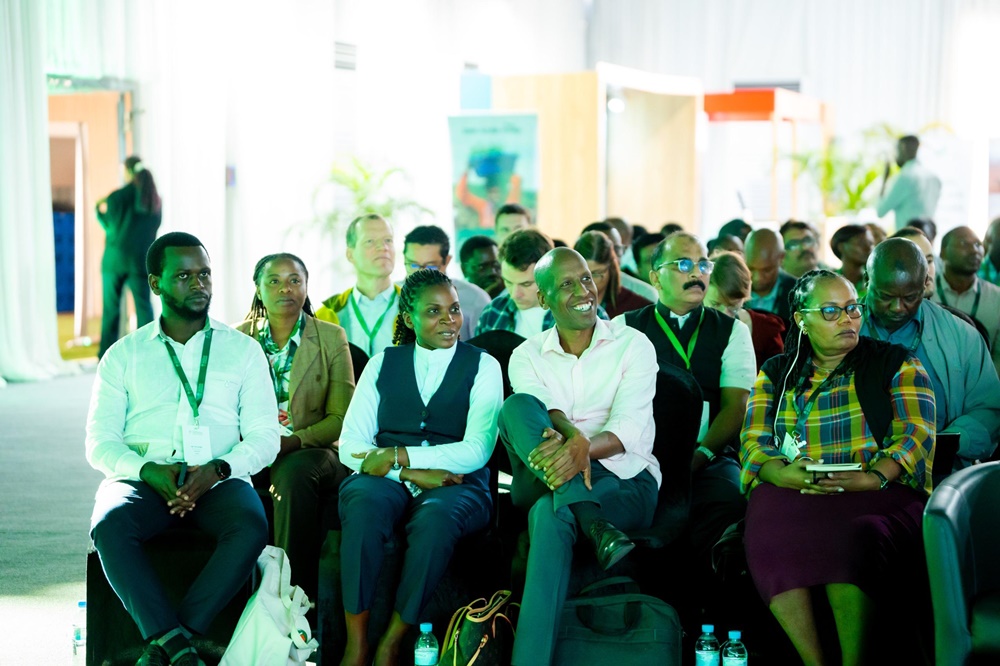
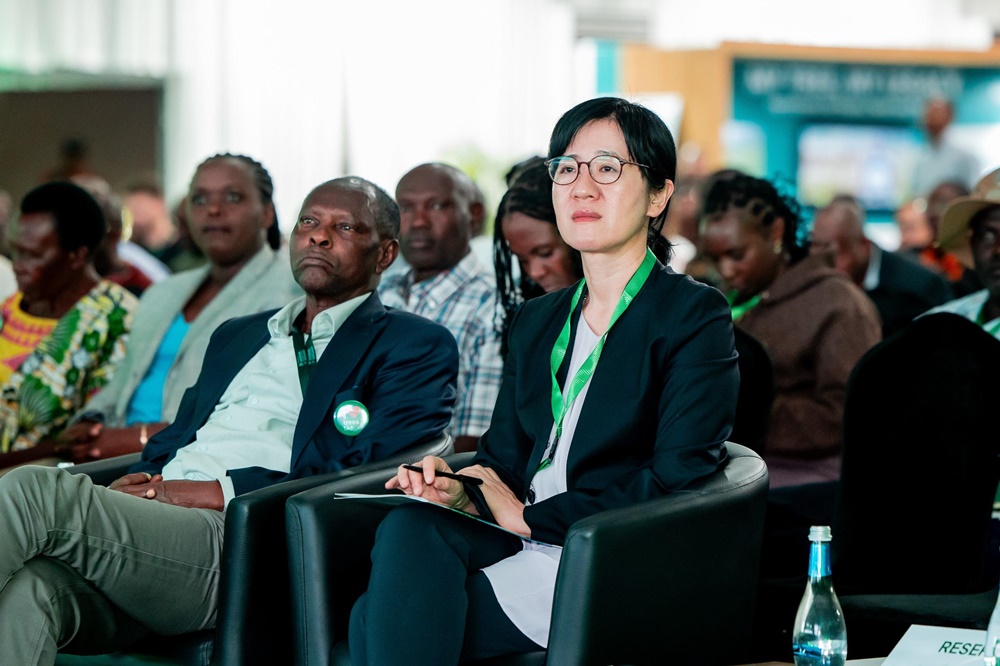
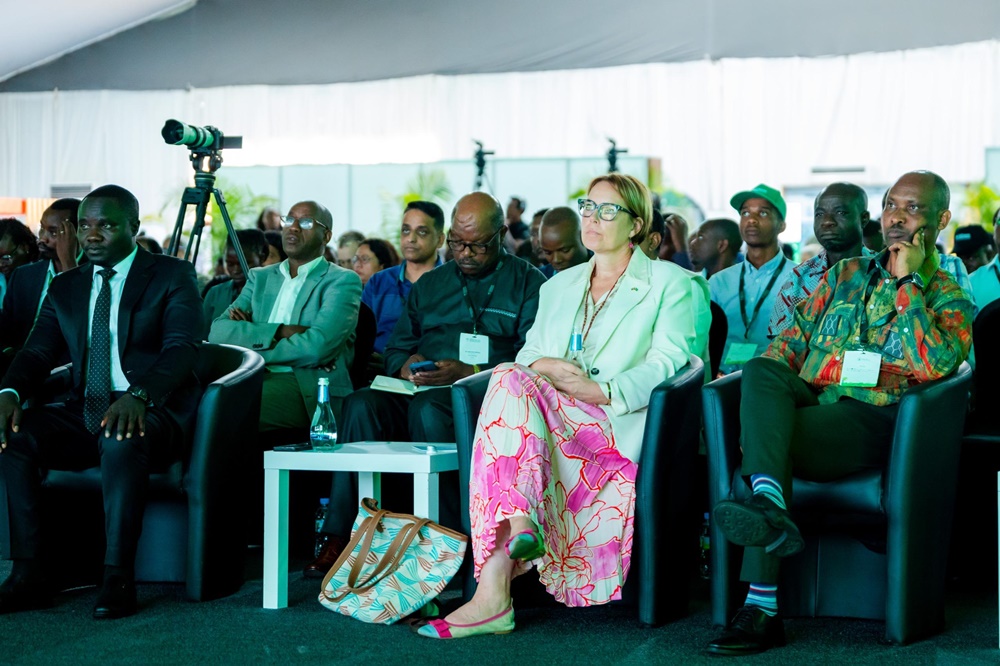

SUBSCRIBE TO OUR NEWSLETTER


